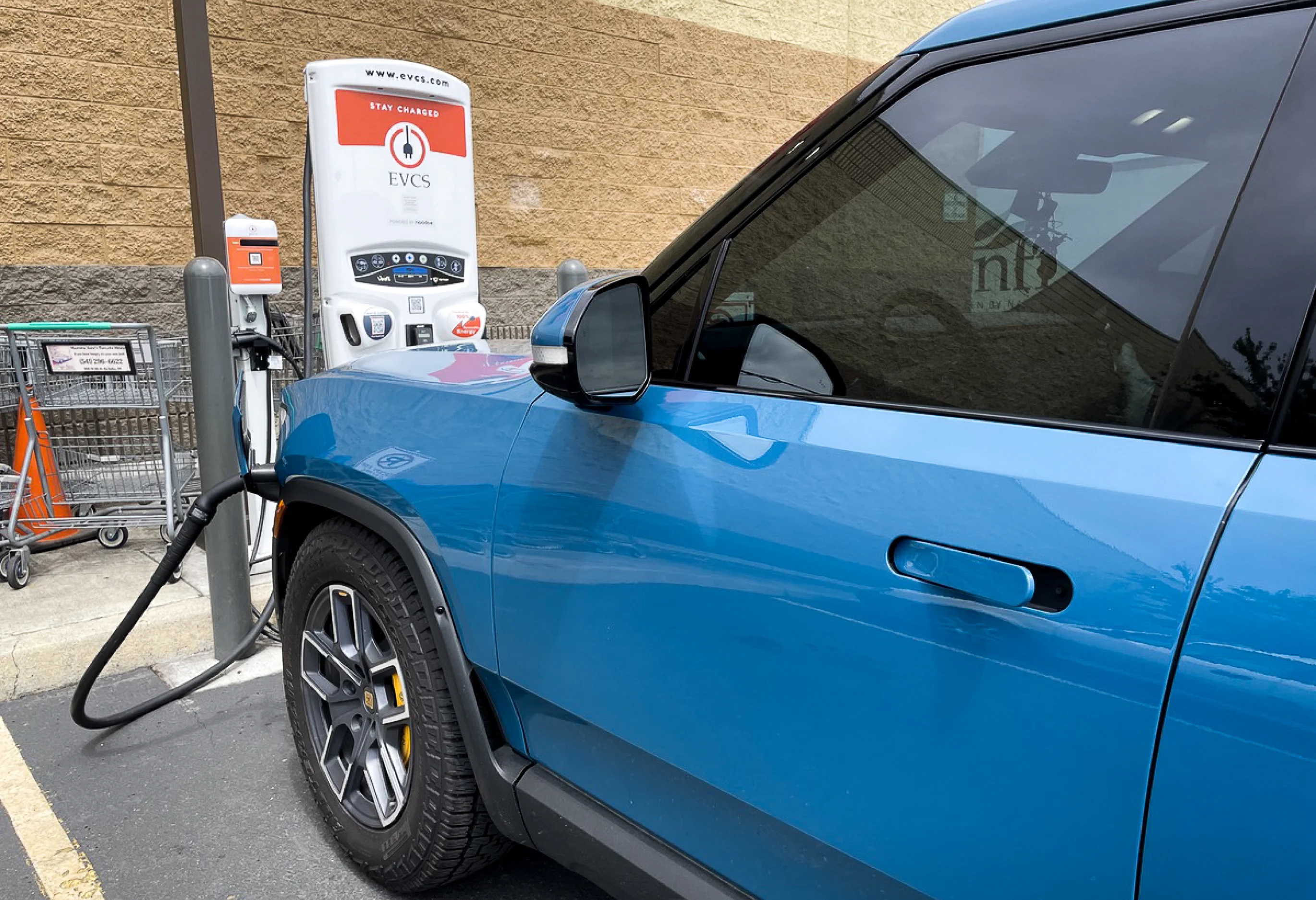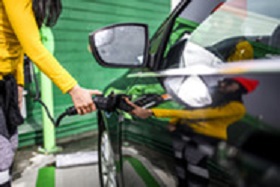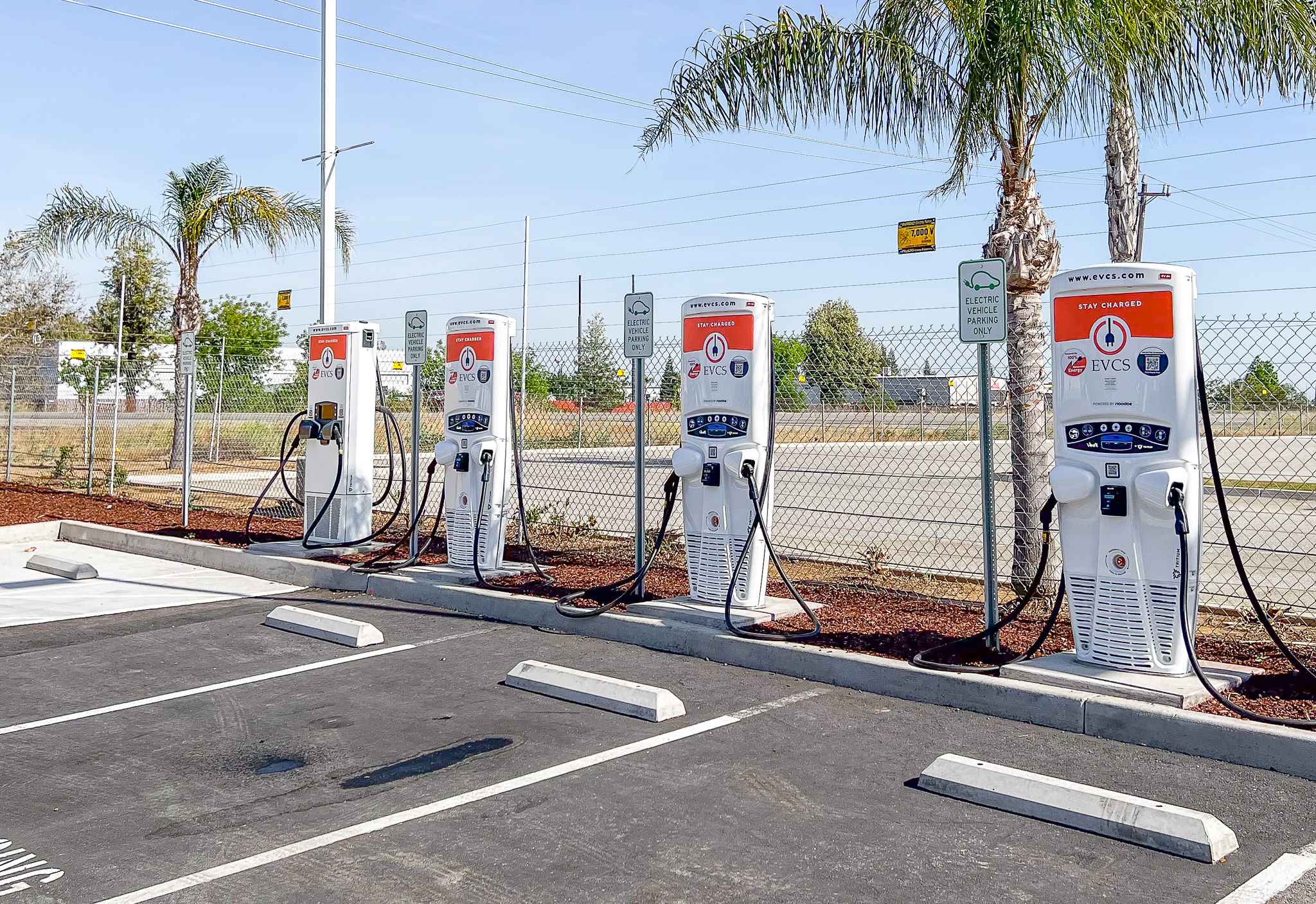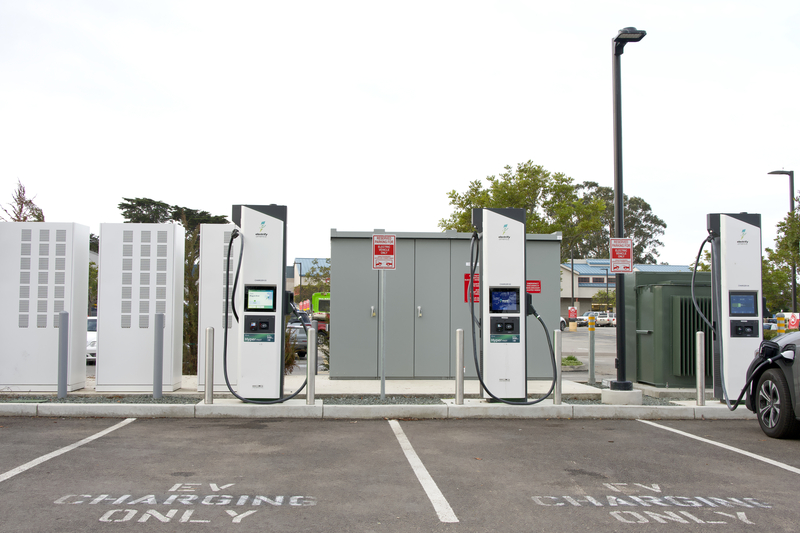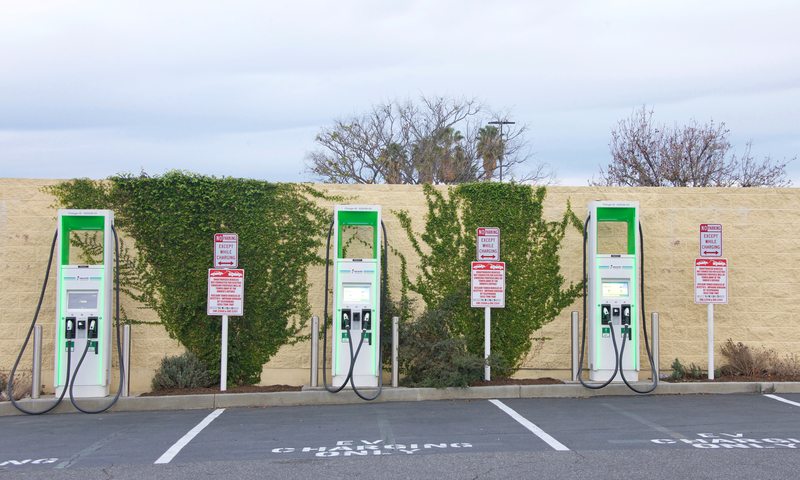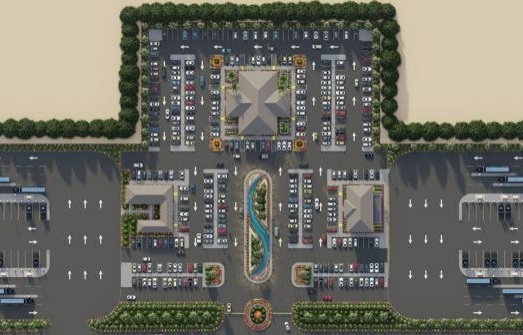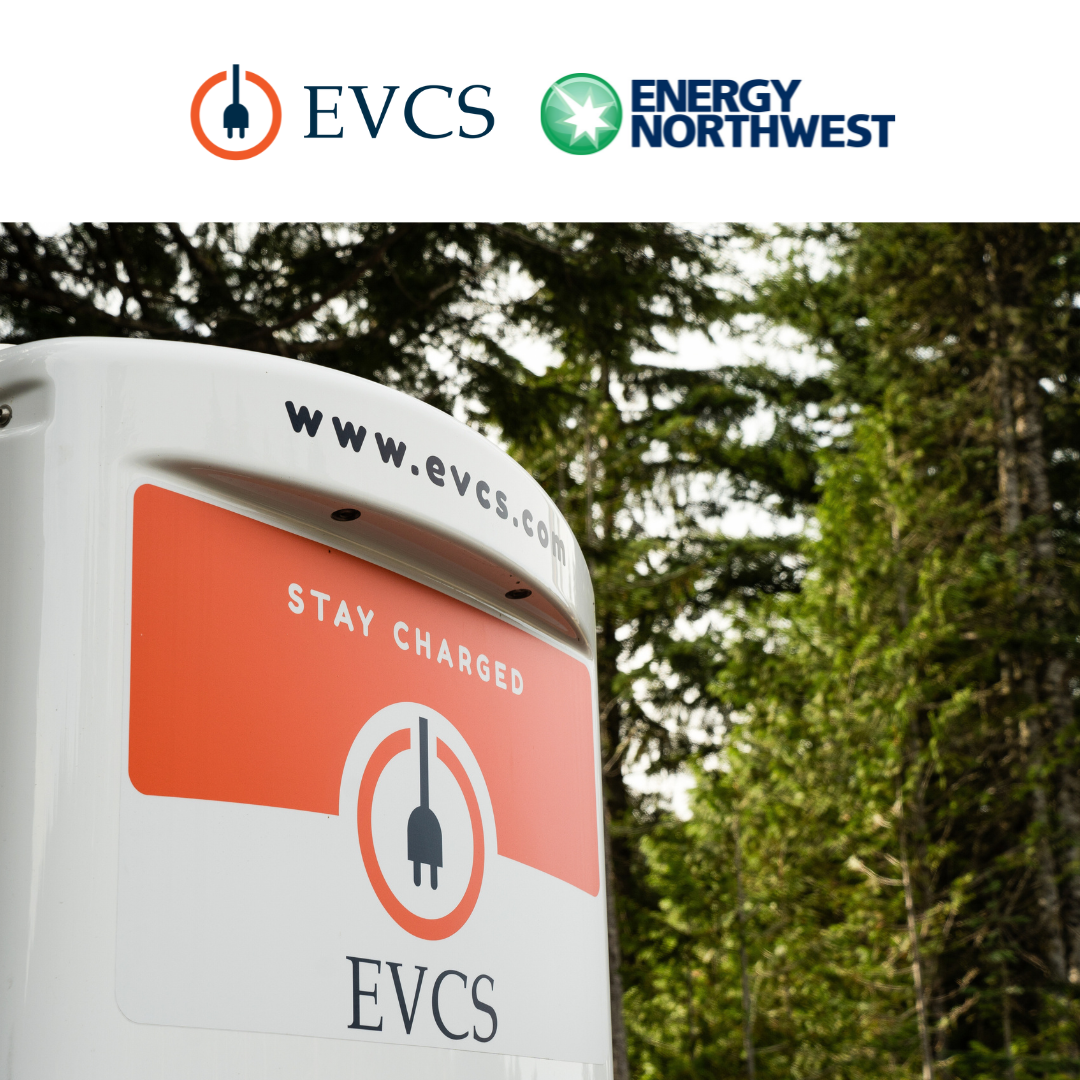
The project spans over 500 miles and aims to improve access to EV charging in rural areas.
The project is supported by a US$14.6m award from the U.S. Department of Transportation's Charging and Fueling Infrastructure (CFI) Discretionary Grant Program, administered by the FHWA.
The partners say this major initiative will enhance EV charging infrastructure in rural and disadvantaged communities on the US West Coast, including on Indigenous Tribal lands. Highway 101, known for its rural but heavily traveled tourist areas, will see the installation of charging sites to accelerate EV adoption among local residents and support EV drivers visiting destinations like Olympic National Park or the coastal regions of Washington and Oregon. The project will include 40 DC Fast chargers, complemented by 12 Level 2 chargers.
Energy Northwest, a Washington state joint operating agency, oversees the CFI grant and has partnered with EVCS to plan, design, construct, own, and operate the new charging stations. These stations will be publicly accessible and equipped with charging technology compatible with all EV models, ensuring a reliable and efficient charging experience. Strategically located at key points along the coastal route, these chargers will provide convenience but also offer drivers opportunities to explore the natural beauty of the Pacific Northwest while recharging their vehicles.
"We're excited to partner with Energy Northwest to bring reliable and accessible EV charging to Highway 101," said Gustavo Occhiuzzo, CEO of EVCS. "This collaboration marks an important step in expanding EV infrastructure in rural and underserved areas, making EV adoption more convenient and practical for all drivers."
Energy Northwest and EVCS have begun the early stages of the National Environmental Policy Act (NEPA) process for each site. This process ensures informed decision-making by assessing the environmental impacts of the proposed project locations, with public involvement and tribal consultation playing key roles. The NEPA process is expected to take eight months, after which site preparations can begin, with construction projected for fall 2026.
"For close to a decade, Energy Northwest has been actively advancing EV charging infrastructure as part of our commitment to supporting the region's decarbonization goals," said Greg Cullen, vice president for Energy Services & Development at Energy Northwest. "Just as we've played a pivotal role in developing and delivering carbon-free energy to the region, we see similar opportunities to help decarbonize the transportation sector. Partnering with EVCS on this project allows us to bring cleaner, more accessible charging solutions to communities in Washington and Oregon."



